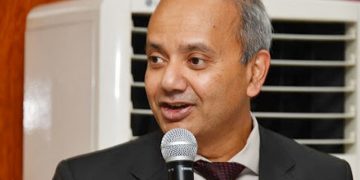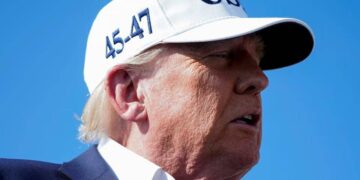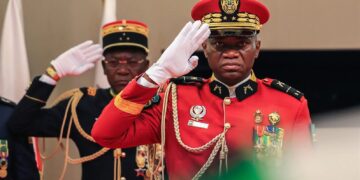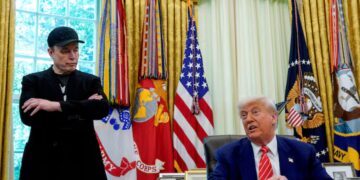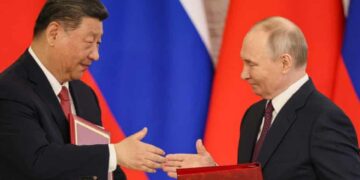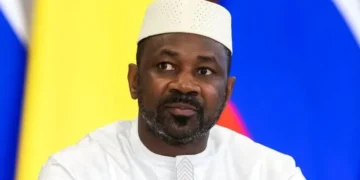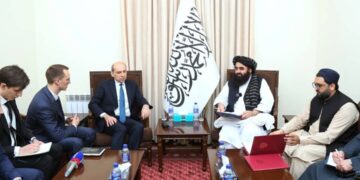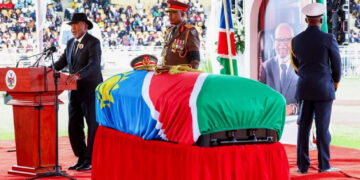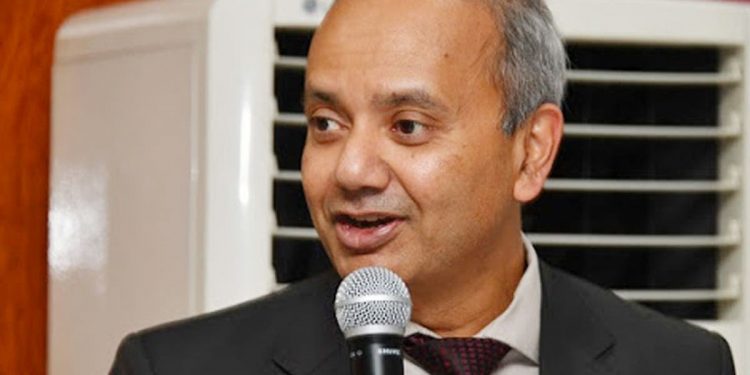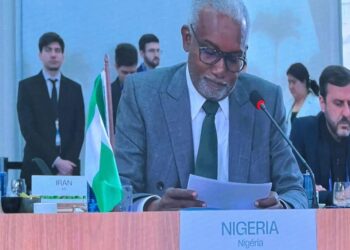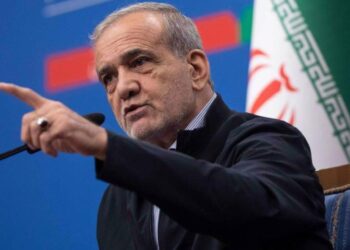By Emmanuel Nduka
Dismissing the Federal Government’s claim that it has so far lifted over 10 million Nigerians out of poverty, the World Bank has posited that up to 7million Nigerians have further been pushed into poverty.
This was disclosed by World Bank’s Country Director for Nigeria, Shubham Chaudhuri, while speaking on the Money Line Show on AIT on Monday.
He said this was occasioned by the Covid-19 pandemic that ravaged most parts of the world and shook economies.
“If you were earning hundred thousand naira a month and that reduces to 80 because of the lock down and that 80 thousand buys much less food than you were able to because food prices have gone up by over 20 %, in simple algebra, a lot more people have less purchasing power and less ability to meet their basic need like they did at the beginning of 2020 and that’s where our basic point, about potential 7m Nigerians have been pushed to poverty.
“Poverty for us is a very basic definition of how people spend enough to meet a very basic basket of need, food, shelter e.t.c. it’s not that we have interviewed 7million people, it’s the projection based on what we see happening with income and happening with prices,” he said.
Mr Chaudhuri affirmed that the decisive choice for Nigeria towards securing its future, is now to invest in human capacity and infrastructure.
While admitting that Nigeria has tremendous potential, he said to realize the potentials, the government and people need to agree to move away from business as usual
On how the Nigerian government can raise revenue, he said an additional N1.2trillion would come in as gains from eliminating the PMS subsidy. He said in the power sector, service-based tariffs can also bring in revenue for the government.
The World Bank rep noted that it is okay for Nigeria to borrow, only if the funds would be channelled to productive purposes.
“Think of a household where the father has lost his job or the income has reduced, the father has a choice to say now do I put my eldest daughter out of college, do we scale back on basic food consumption? So the choice for a country isn’t that different. The choice is do we cut back or do we, like a household borrow and say let’s make sure it’s to put our daughter in school?
“The choice for Nigeria is are there investments that need to be made for human capacity in Nigeria’s future and in infrastructure? We would say yes and right now, Nigeria unfortunately don’t have revenue base to be able to afford it all, does it make sense to borrow? We would say yes. But in order to service that debt, it needs to be put to good use, revenue has to increase and that’s what the government has focused on but it won’t happen overnight,” he added.
